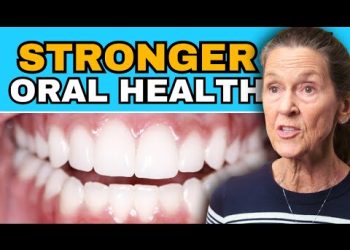Understanding the Link Between Diet and Dental Health in Dogs
As a responsible pet owner, you may have wondered if your dog’s diet has an impact on their dental health. The truth is, what your dog eats can significantly influence the health of their teeth and gums. Certain types of food can contribute to plaque buildup and eventually lead to dental disease. Understanding this connection is the first step in ensuring your pet maintains a healthy mouth.
Signs of Dental Disease in Dogs
Dental disease in dogs is unfortunately common, but many pet owners struggle to identify it. Common signs include bad breath, red or swollen gums, and a reluctance to chew hard foods. By recognizing these symptoms early, you can take action to prevent the condition from worsening.
The Impact of Dry Kibble on Dental Health
Many pet owners are led to believe that dry kibble can help keep their dog’s teeth clean. However, this is a misconception. Most dry dog foods are rich in carbohydrates, which can break down into sugars that feed oral bacteria, leading to plaque and tartar buildup.
Natural Chews to Improve Oral Hygiene
One effective way to combat dental disease is by offering your pet natural chews. Items like raw bones, antlers, and specially designed dental chews can help naturally scrape away plaque from your dog’s teeth, promoting better oral hygiene.
Adding Raw Vegetables to Their Diet
Incorporating raw vegetables into your dog’s diet can also aid in keeping their teeth clean. Foods like carrots and celery work as natural abrasives, helping to remove food particles and plaque from teeth surfaces without causing harm.
The Benefits of Coconut Oil
Coconut oil isn’t just beneficial for your skin and hair; it works wonders for your dog’s dental health too. A small amount can be applied to your dog’s teeth and gums or added to their food. Coconut oil has natural antibacterial properties that can help reduce the bacteria contributing to dental disease.
Brushing Your Dog’s Teeth at Home
Just as with humans, brushing is crucial in maintaining your dog’s dental hygiene. Using a toothbrush and dog-friendly toothpaste, you should regularly brush your dog’s teeth. This practice prevents the buildup of harmful bacteria and ensures fresher breath.
Implementing Dental Treats
Dental treats are widely available commercially and can be an effective addition to your dog’s dental care routine. These treats are specially formulated to help reduce tartar and plaque, while also satisfying your dog’s chew cravings.
Regular Veterinary Check-Ups
To ensure optimal dental health, regular veterinary check-ups are crucial. Your vet can provide professional cleaning and check for signs of dental disease that may not be visible through regular home care alone.
Conclusion: A Holistic Approach to Dog Dental Health
By understanding the role of diet and incorporating these natural methods to clean your dog’s teeth, you can take a holistic approach to maintaining their dental health. Regular vet visits, a balanced diet, and daily care at home can prevent dental diseases and contribute to your pet’s overall well-being.











